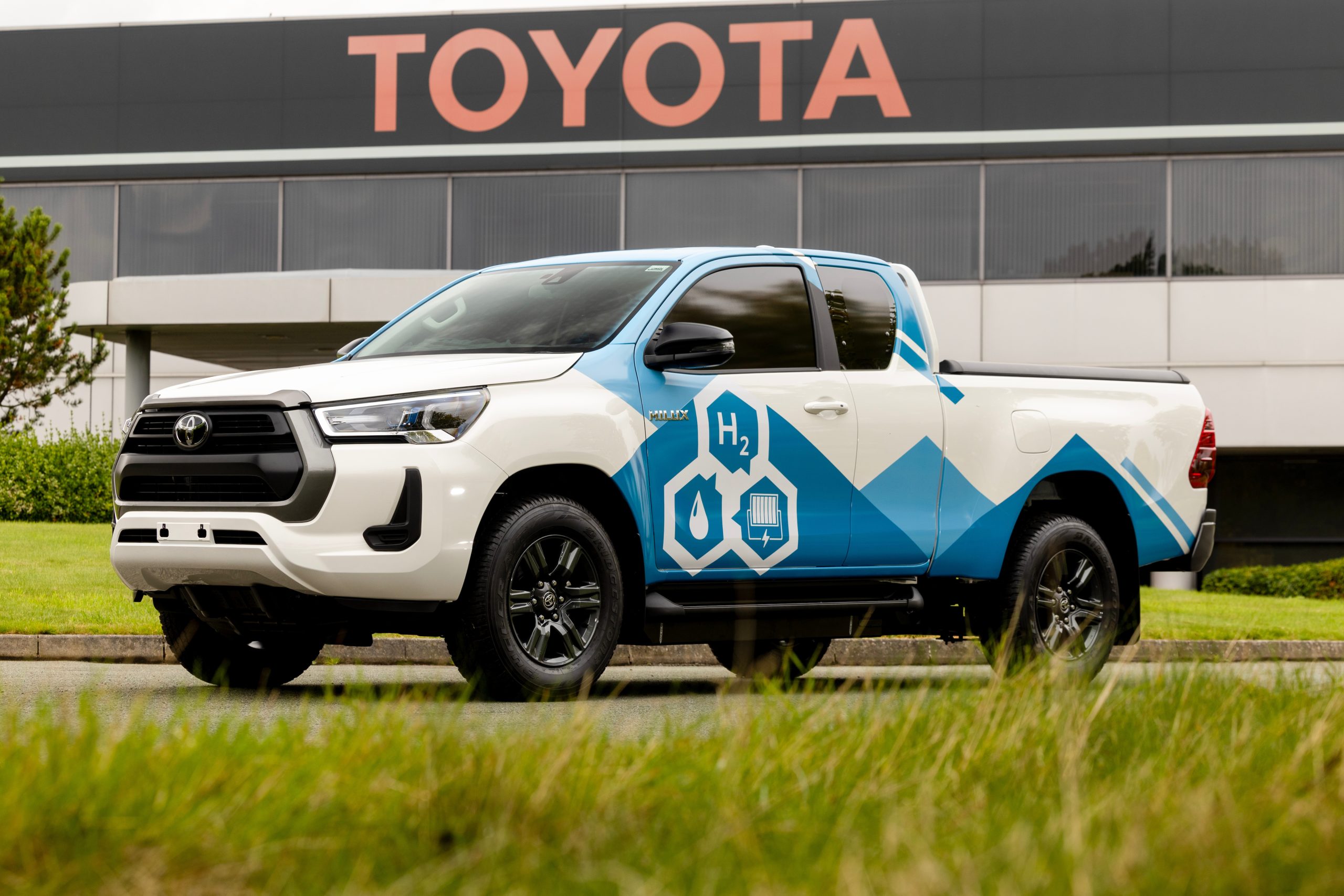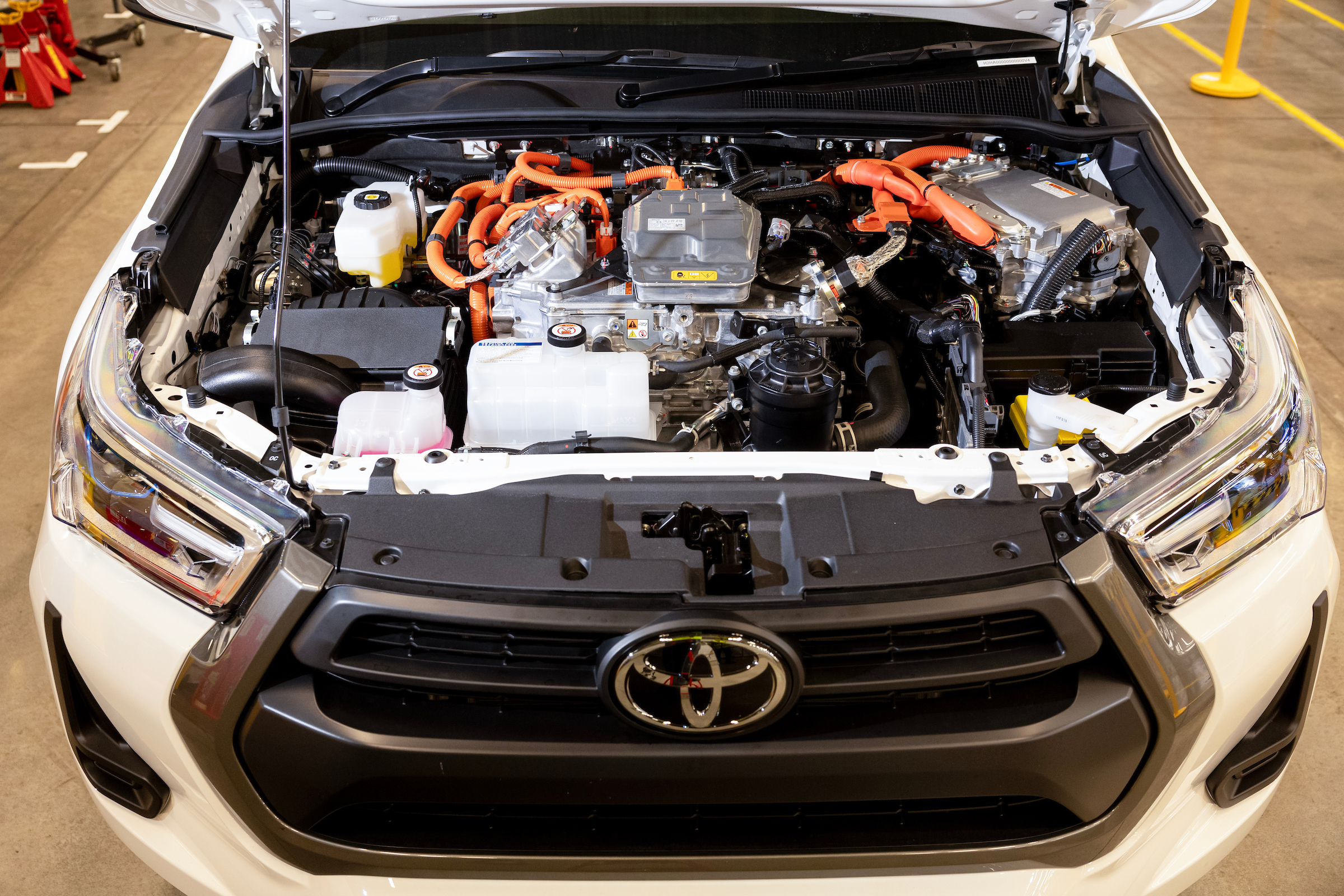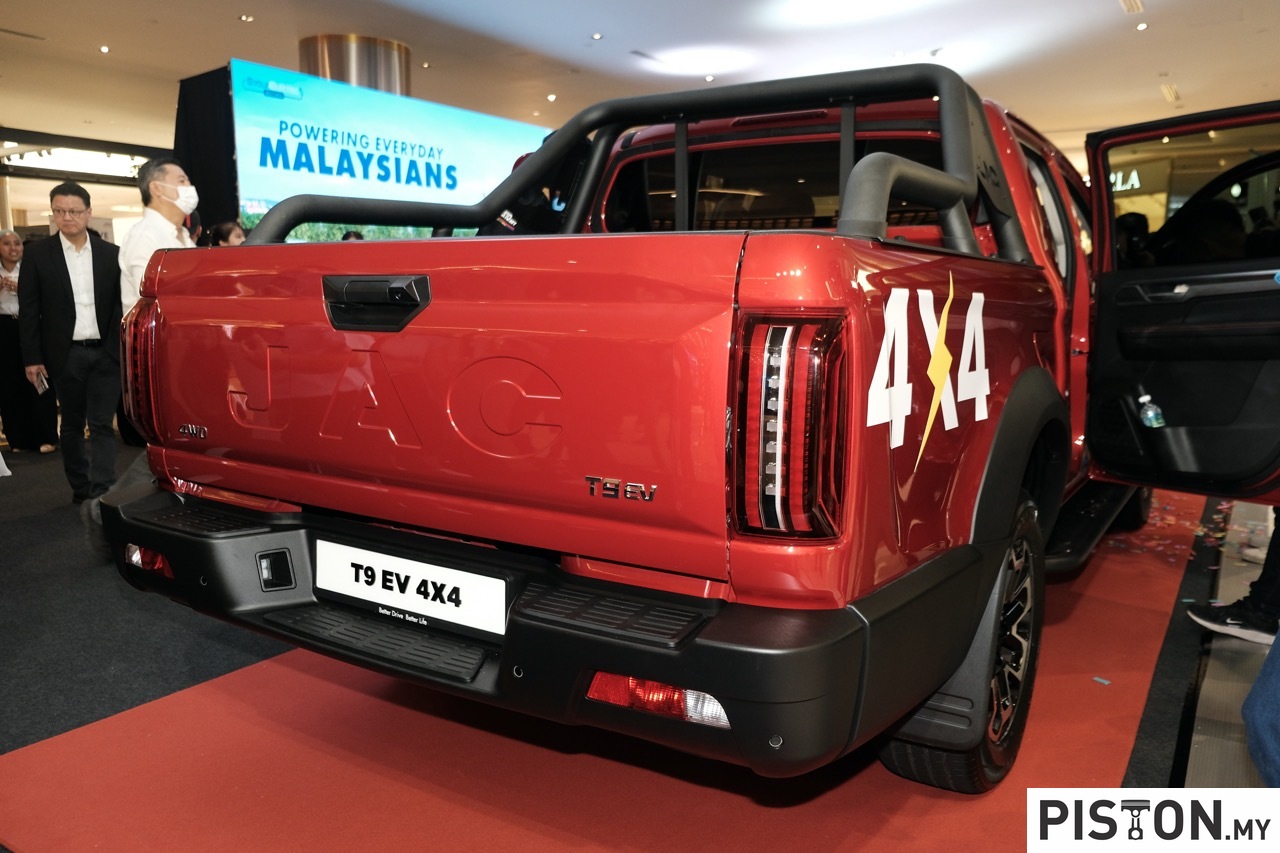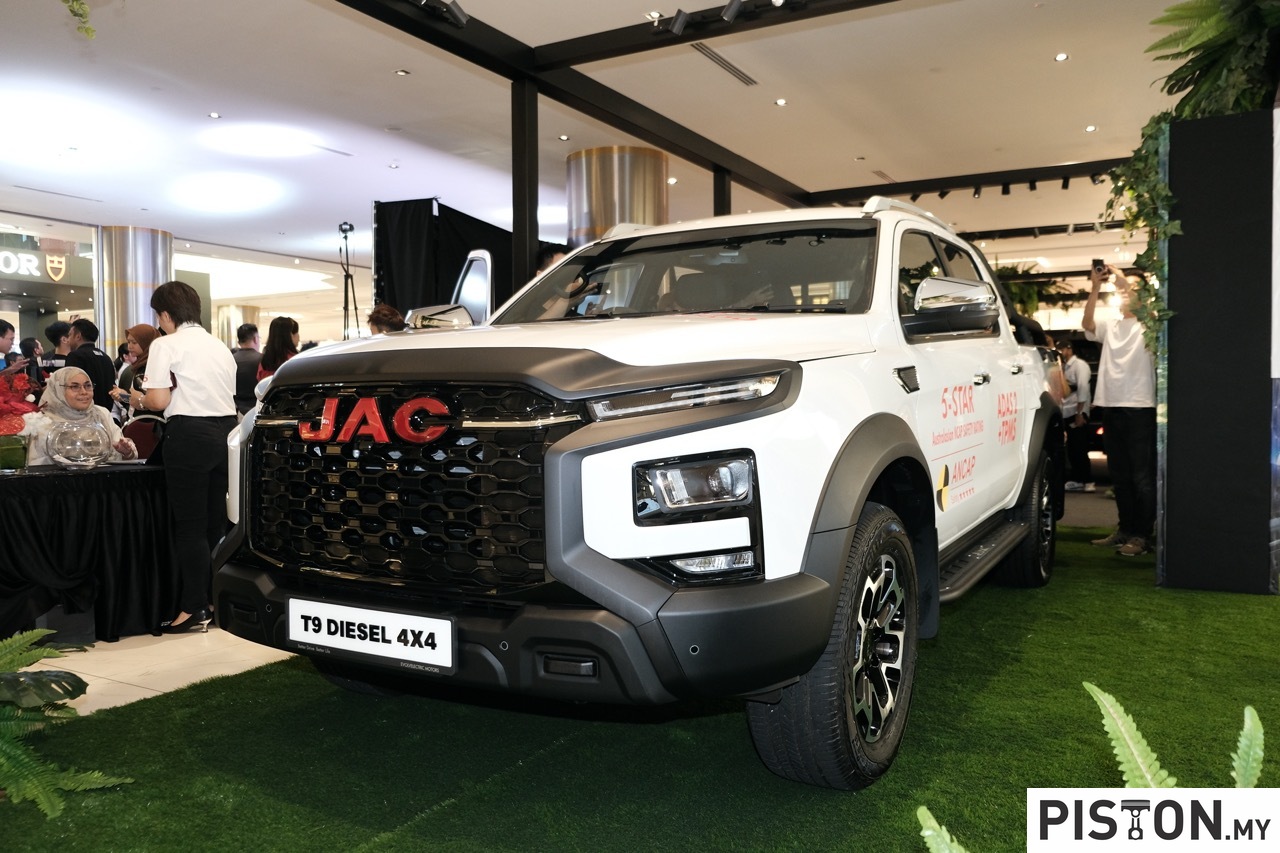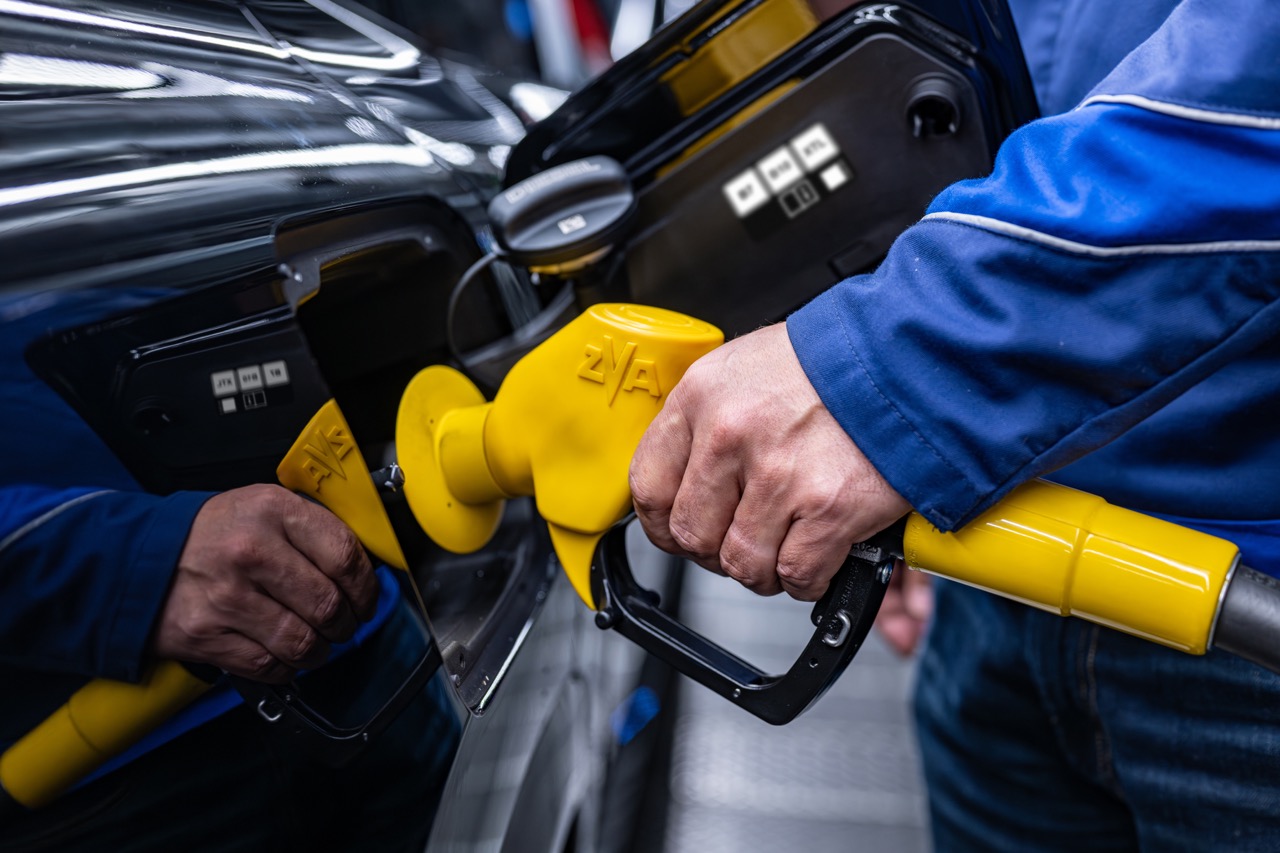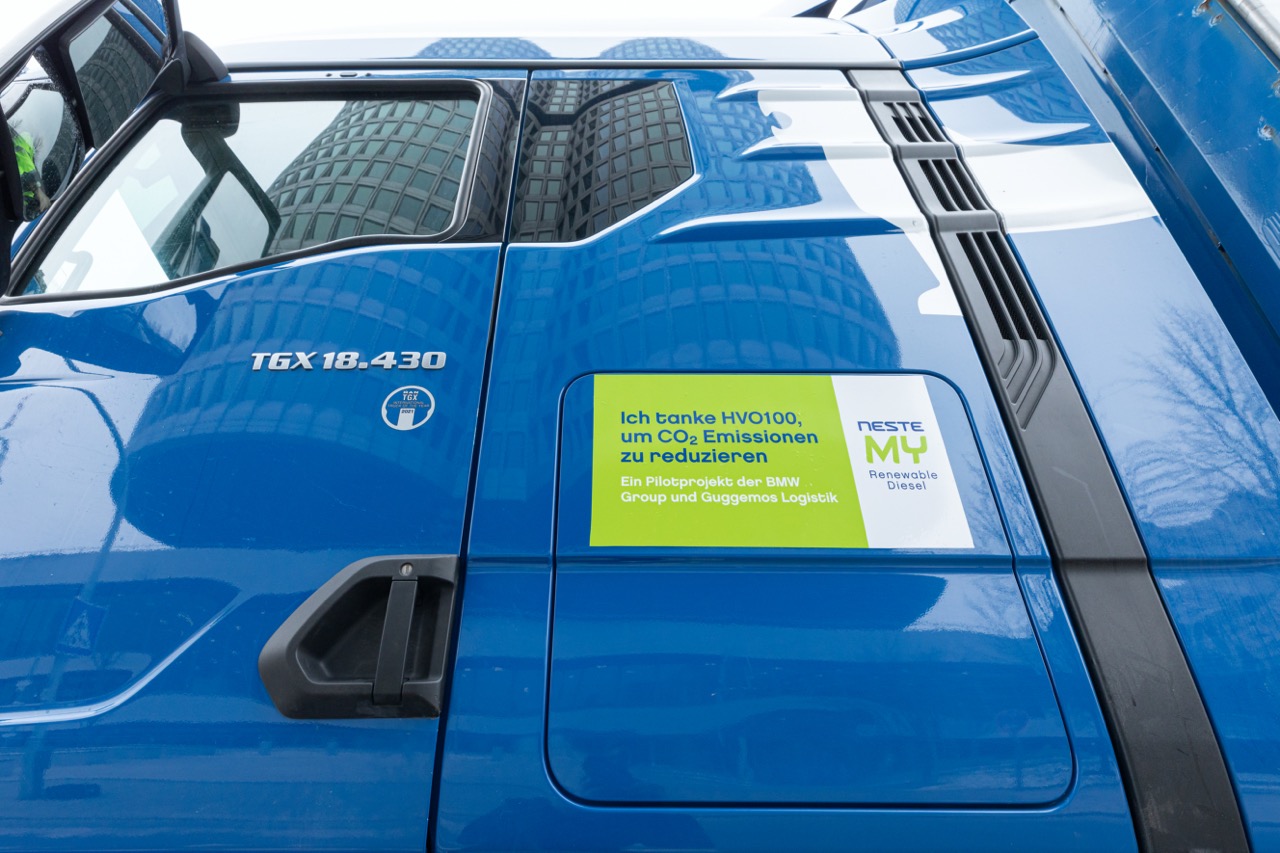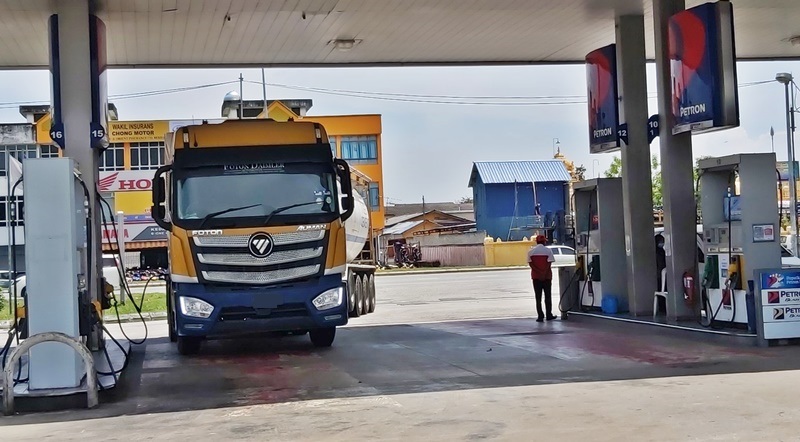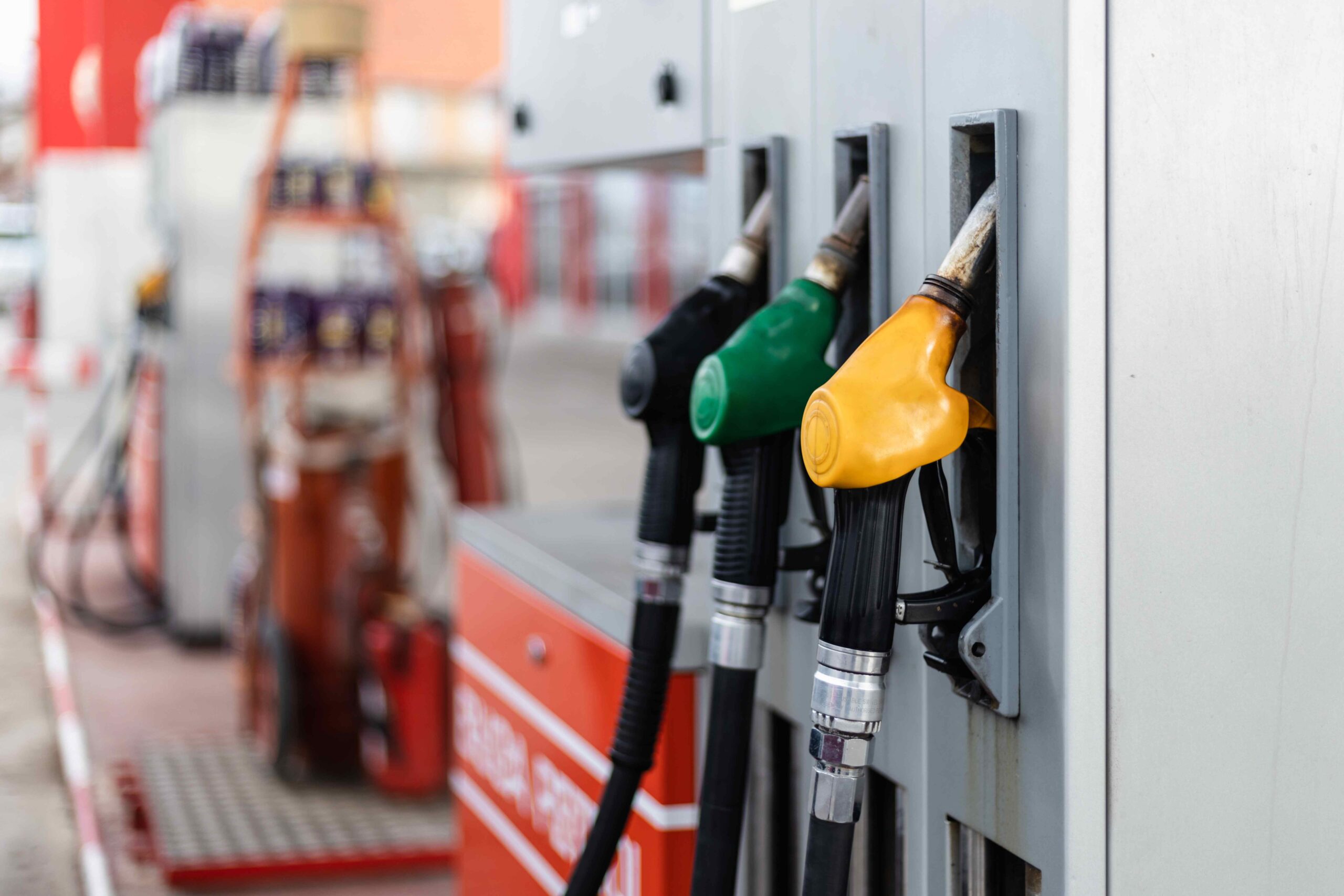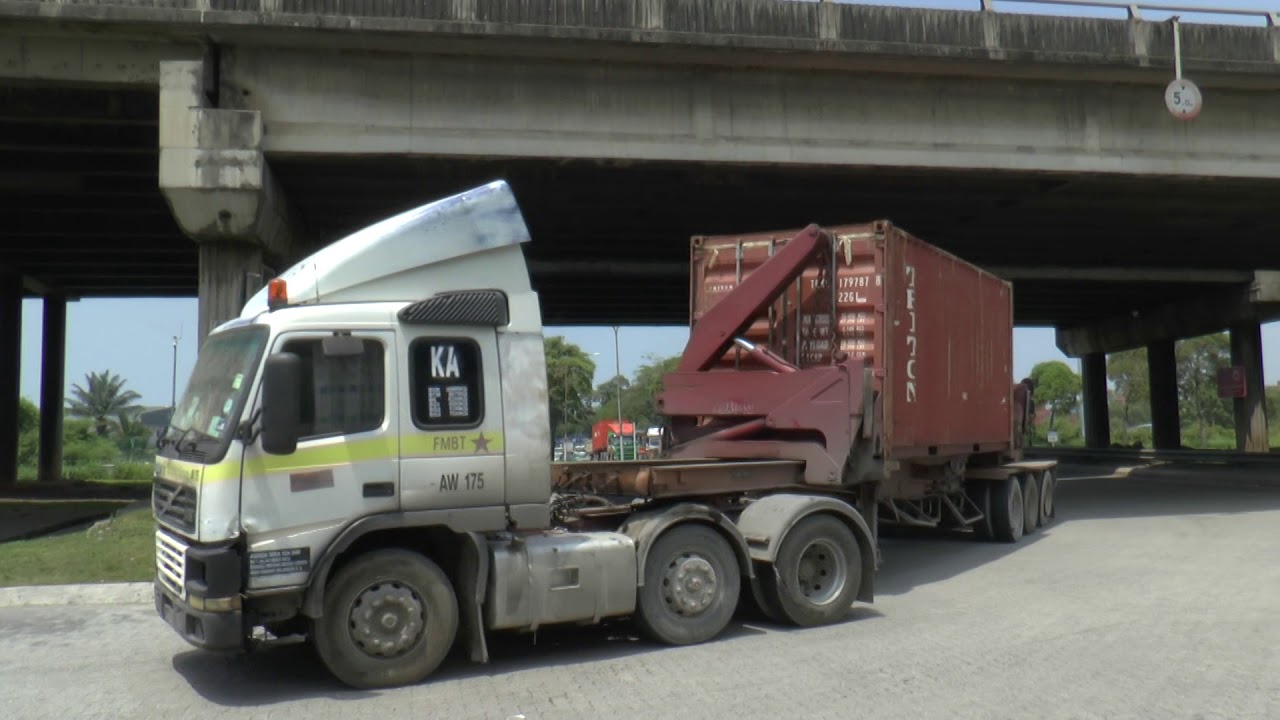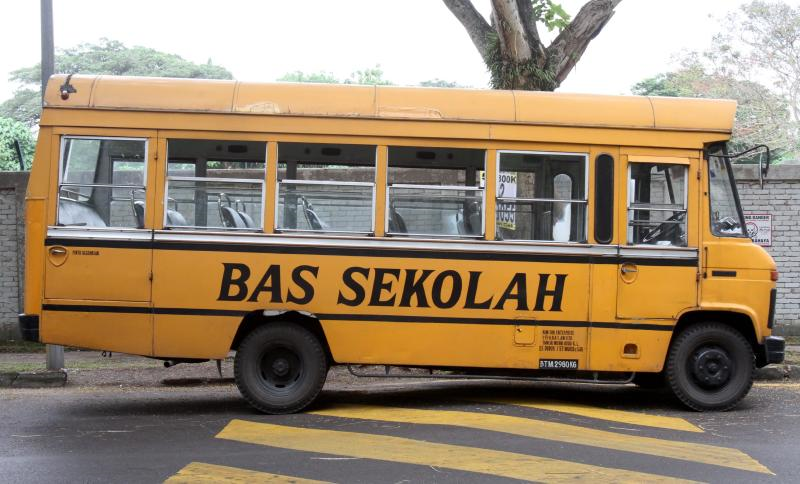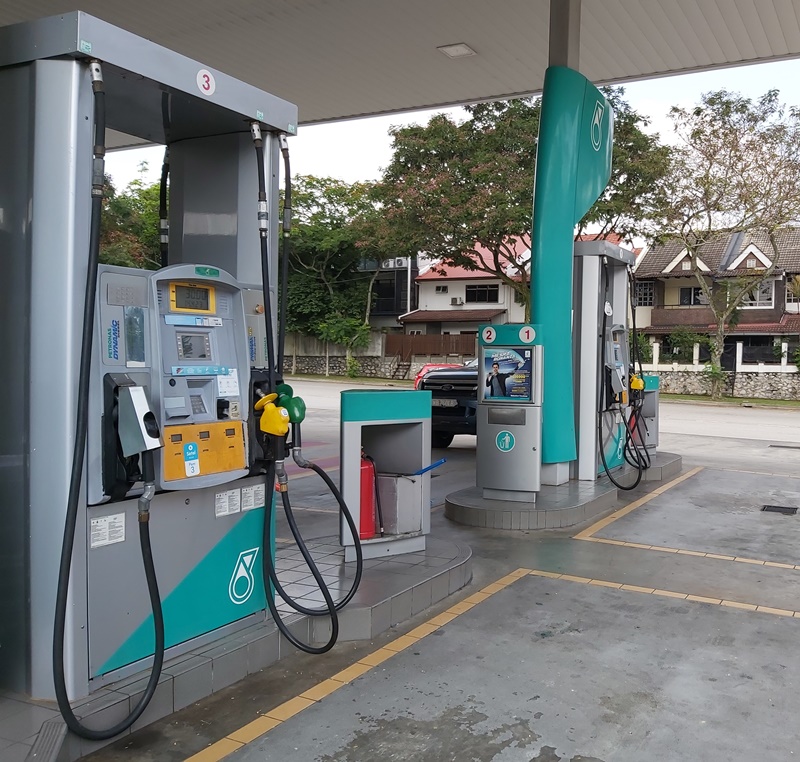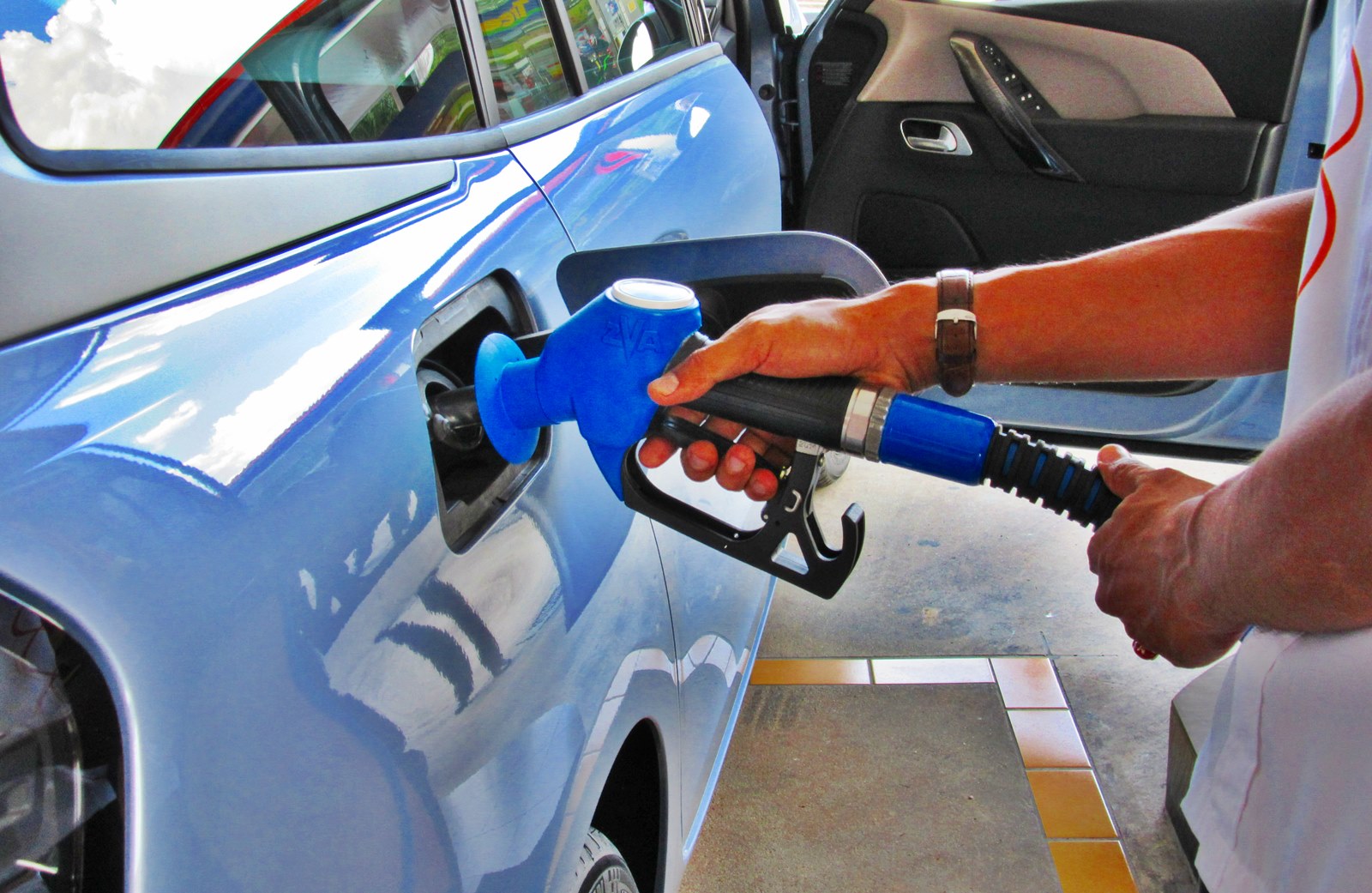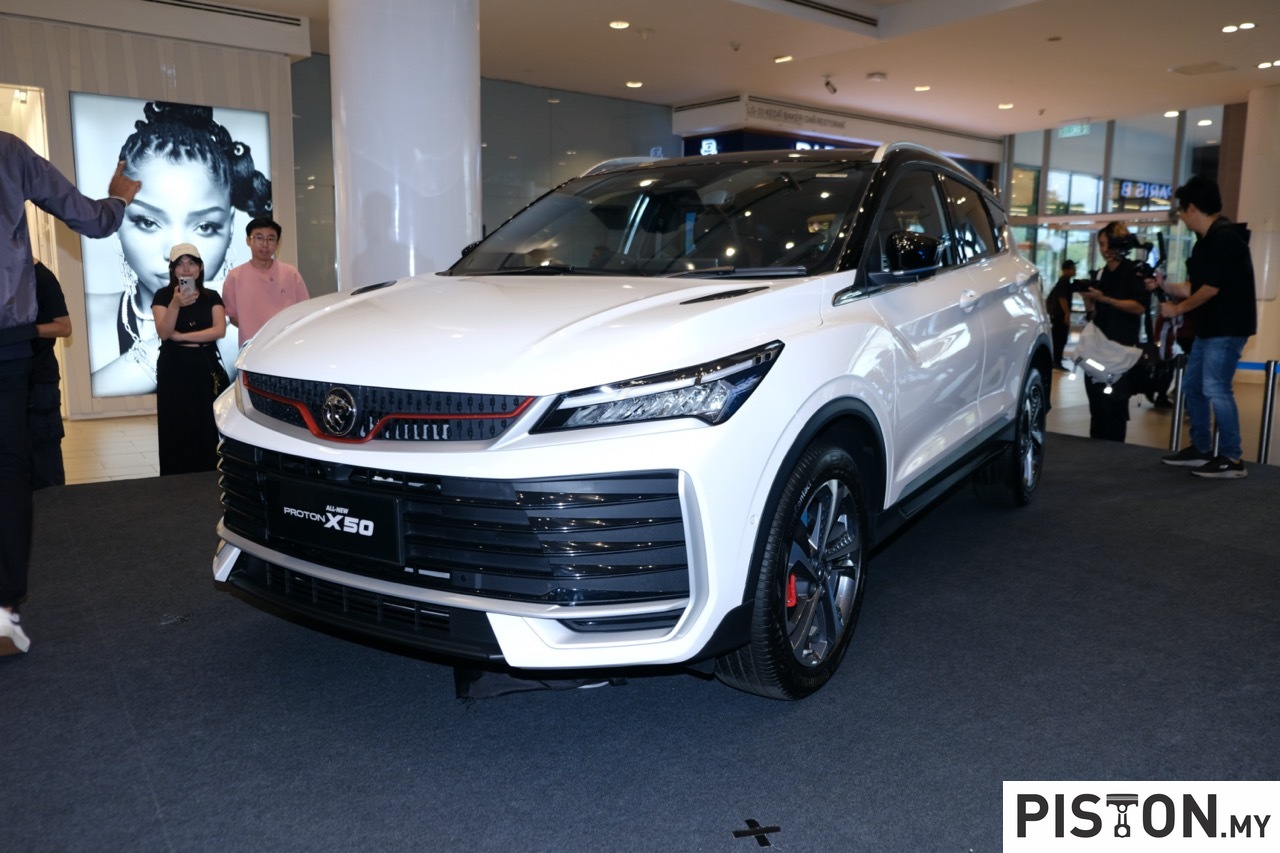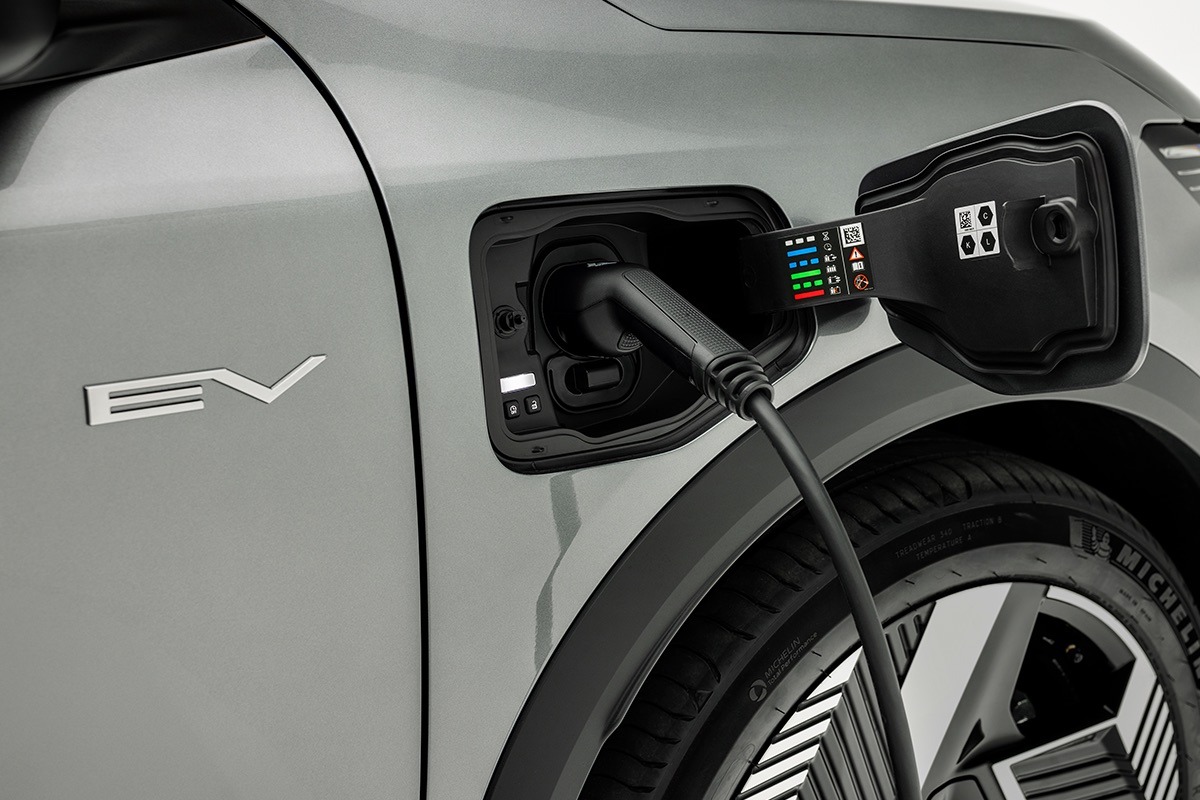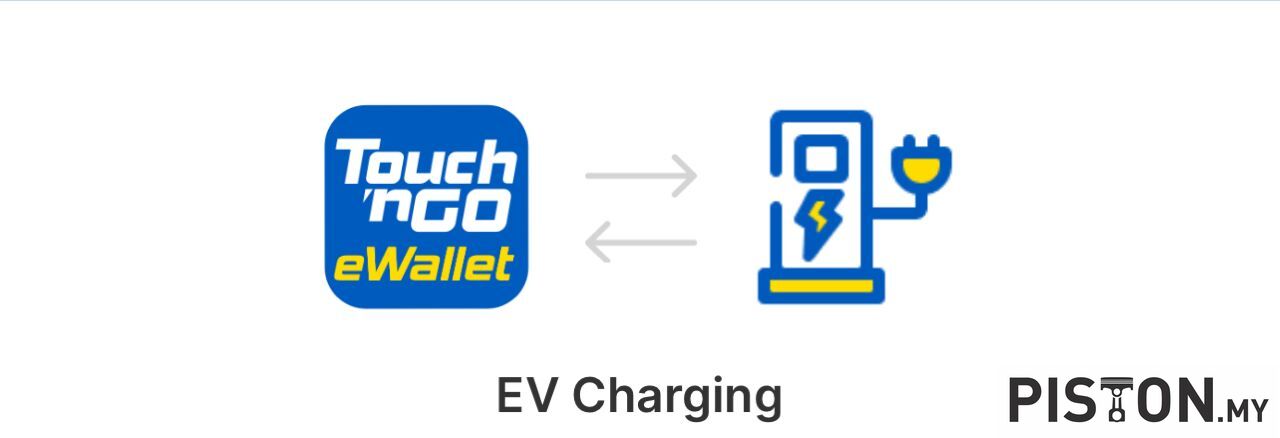Program Sistem Kawalan Diesel Bersubsidi (SKDS) mendapat pujian daripada pengendali bas sekolah dan bas ekspres di Malaysia, yang mengatakan program ini membantu mereka mengekalkan kadar tambang tanpa menambah beban kepada pengguna.
Manfaat Subsidi Diesel
Menurut laporan FMT, Presiden Gabungan Persatuan Bas Sekolah Malaysia, Amali Munif Rahmat, menekankan bahawa kuota diesel bulanan sebanyak 1,800 liter pada harga RM1.88 seliter yang disediakan melalui program SKDS, telah membantu pengusaha bas sekolah menguruskan kos operasi dengan lebih berkesan. Subsidi ini membolehkan mereka mengekalkan tambang pada kadar semasa walaupun harga diesel di pasaran telah meningkat kepada RM3.35 seliter di Semenanjung.
“Kami tidak bercadang untuk menaikkan tambang buat masa ini, dan akan mengekalkan kadar yang ada,” kata Amali. Beliau menjelaskan bahawa kuota diesel yang diberikan adalah mencukupi untuk memastikan operasi berjalan dengan lancar. Selain itu, jika diperlukan, pengusaha boleh memohon kuota tambahan, menunjukkan fleksibiliti program ini dalam memenuhi keperluan operasi yang mungkin berubah.
Stabilkan Kos Operasi
Program SKDS adalah sebahagian daripada inisiatif kerajaan untuk meringankan beban ekonomi ke atas pengangkutan awam dan pengendali barangan. Dengan adanya kad armada yang membolehkan penerima membeli diesel pada harga yang lebih rendah daripada harga runcit, program ini menyokong kelangsungan sektor pengangkutan.
Amali juga menyatakan bahawa sekiranya kos operasi seperti alat ganti dan penyelenggaraan meningkat, kemungkinan struktur tambang perlu dikaji semula. Namun, buat masa ini, fokus utama adalah memanfaatkan manfaat yang diberikan oleh program SKDS untuk mengekalkan kestabilan.
Kerjasama dengan Kerajaan
Laili Ismail, Presiden Persatuan Pengusaha Bas Ekspres Melayu Semenanjung Malaysia, turut memberikan pandangan yang sama. Beliau mengesahkan bahawa tambang tidak akan dinaikkan
dalam situasi ekonomi semasa ini. Laili juga yakin bahawa perbincangan dengan Kementerian Kewangan akan terus berjalan untuk mencari langkah sokongan tambahan.
“Kami akan bekerjasama rapat dengan kerajaan untuk memastikan kos operasi kekal terkawal,” tegas Laili, sambil menekankan komitmen sektor tersebut untuk terus terlibat dalam usaha kerjasama bagi memastikan perkhidmatan pengangkutan awam yang berpatutan.
Langkah Sokongan Tambahan
Selain SKDS, program Budi Madani yang ditawarkan oleh kerajaan memberikan RM200 sebulan kepada pemilik kenderaan diesel persendirian, petani, dan pekebun kecil. Ini menunjukkan usaha berterusan kerajaan untuk menyokong pelbagai sektor yang bergantung kepada diesel.
Usaha bersepadu ini mencerminkan komitmen kerajaan dan pengendali pengangkutan untuk mengatasi cabaran ekonomi sambil memastikan perkhidmatan pengangkutan awam kekal boleh diharapkan dan berpatutan untuk penumpang di seluruh Malaysia.

